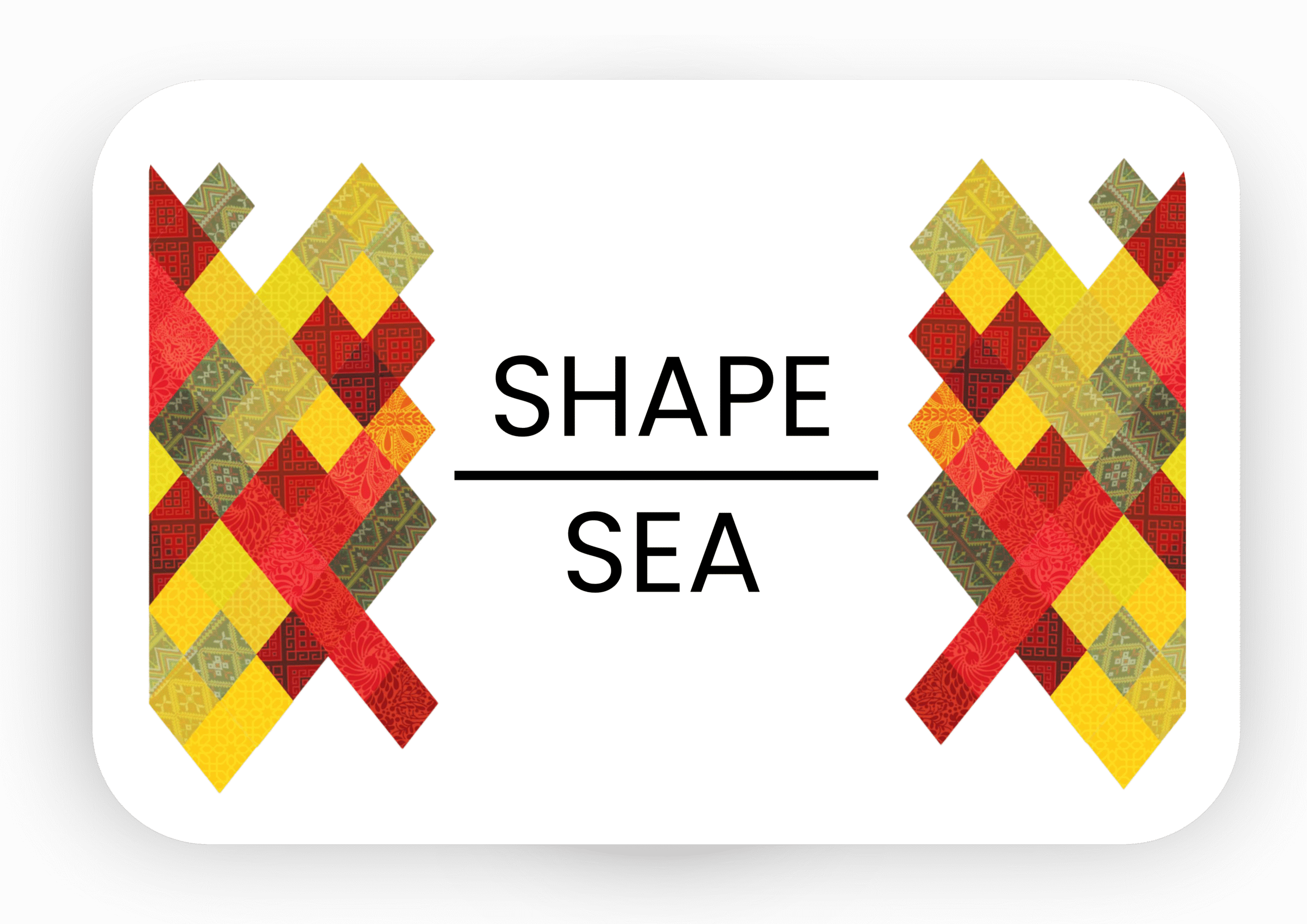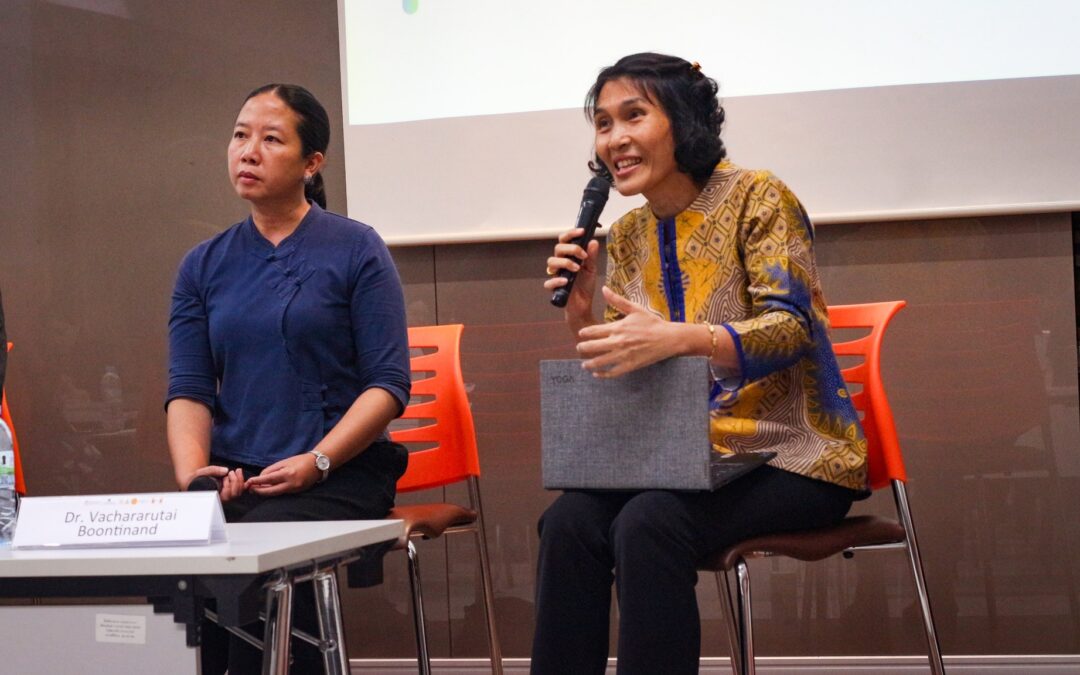Attended by approximately 110 participants—60 on-site and 50 online—the gathering brought together a diverse audience of students, academics, researchers, civil society members, and experts from different parts of the region. The event provided a platform for critical exchange, collaboration, and collective reflection on how Southeast Asia can respond to complex and overlapping crises through inclusive, rights-based approaches.
The first day featured the plenary titled “Intergenerational Dialogue and Solidarity in Rights, Politics, and Sustainable Development,” moderated by Dr. Vachararutai Boontinand. Panelists Nattanicha Kattiyavara, Atty. Gerald John Guillermo, Pianporn Deetes, and Dr. Zainun Mustafa shared case studies and practical tools to strengthen cross-generational partnerships in research, advocacy, and policymaking.
The second day focused on environmental justice through the plenary session “Grounding Environmental Rights in Southeast Asia: Voices from the Margins, Lessons for the Region,” moderated by Asst. Prof. Dr. Carl Middleton of Chulalongkorn University. Rizqan Kariema Mustafa, Bunly Soeung, Assoc. Prof. Norafidah Binti Ismail, and Assoc. Prof. Ratnaria Binti Wahid shared insights from Indonesia, Cambodia, and Malaysia—emphasizing Indigenous resistance, the transformative role of women, and the importance of leveraging big data for human rights-centered environmental governance.
The two-day event reaffirmed SHAPE-SEA’s mission to support knowledge co-creation among home-grown scholars, promote human rights education and research that fosters inclusive dialogue, amplify voices from the margins, and advance collaborative, evidence-based solutions to the region’s most urgent challenges.

